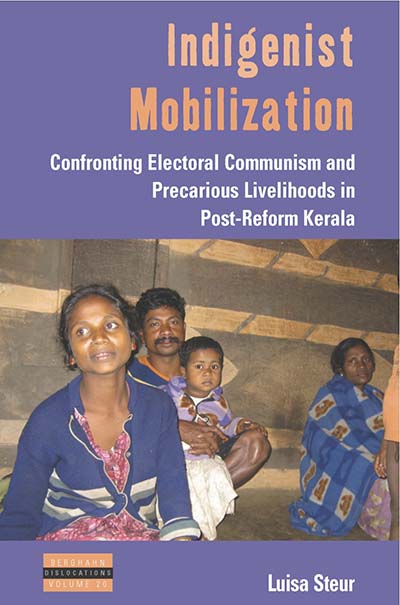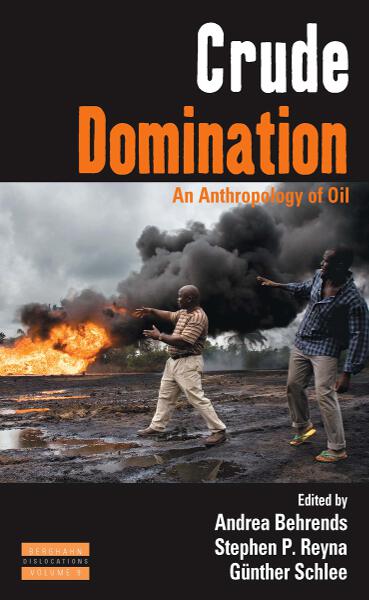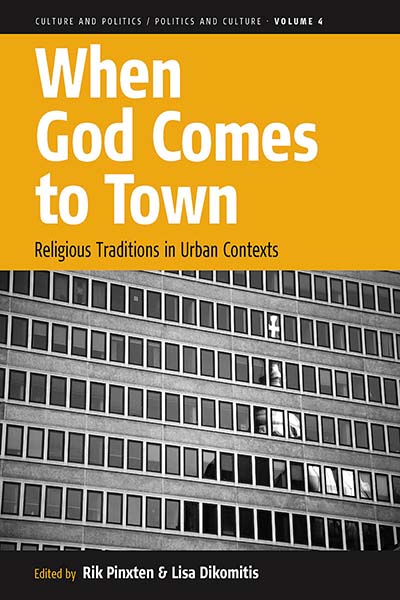
Series
Volume 20
Dislocations
See Related
Anthropology JournalsEmail Newsletters
Sign up for our email newsletters to get customized updates on new Berghahn publications.
Indigenist Mobilization
Confronting Electoral Communism and Precarious Livelihoods in Post-Reform Kerala
Luisa Steur
302 pages, 9 illus., 1 map, bibliog., index
ISBN 978-1-78533-382-8 $135.00/£104.00 / Hb / Published (May 2017)
eISBN 978-1-80758-796-3 eBook
Reviews
“The ethnographic material incorporated in the book is vast… But the richness of the material presented precisely offers the book its authority— the multiple conjunctures that led to the rise of indigeneity are detailed with great effort. For young researchers using ethnography as a method, the work could present an example of navigating positionality issues determined by one’s social location through the sheer detail of the evidences collected and the sensitivity with which they are presented… The book is perhaps most important for the theoretical insights it provides.” • Dialectical Anthropology
“This book is recommended reading for those who work with issues of land governance, resource politics, social mobilisation and identity and citizenship, and to students and general readers eager to get an impression of what anthropology at its rigorous best looks like.” • The Asia Pacific Journal of Anthropology
“Indigenist Mobilization ably shows that indigeneity is not an inevitable let alone natural or essential approach to identity and action but one that, as anthropology has become adept at describing, is built by specific actors in specific circumstances for specific purposes. This lesson is crucial for the discipline as well as for policymakers who must deal with the demands of newly-energized ‘indigenous’ groups.” • Anthropology Review Database
“This is a wonderfully written piece that will raise some eyebrows and generate some wonderful debates. The critique of indigenist “identity” politics has been sorely needed for a long time, and this work helps us assess that context in a more robust and critical fashion without falling into a lackluster, celebratory mode of championing indigenous politics on a pure level of ‘identity’ and ‘rights’.” • Ananthakrishnan Aiyer, University of Michigan
“A summation of outstanding research, and based on ethical, committed, and egalitarian fieldwork, this book has an enormously important contribution to make to a number of fields, including South Asian Politics, Ethnography and History, Social Movement Analysis, International Studies and Environmental Studies.” • Kavita Philip, UC Irvine
Description
In Kerala, political activists with a background in Communism are now instead asserting political demands on the basis of indigenous identity. Why did a notion of indigenous belonging come to replace the discourse of class in subaltern struggles? Indigenist Mobilization answers this question through a detailed ethnographic study of the dynamics between the Communist party and indigenist activists, and the subtle ways in which global capitalist restructuring leads to a resonance of indigenist visions in the changing everyday working lives of subaltern groups in Kerala.
Luisa Steur is Assistant Professor at the Department of Anthropology, University of Amsterdam. She is also Lead Editor of Focaal-Journal of Global and Historical Anthropology. Extending her work on indigenism in Kerala, she is now engaged in comparative research on racial inequality and anti-racist activism in Cuba.




